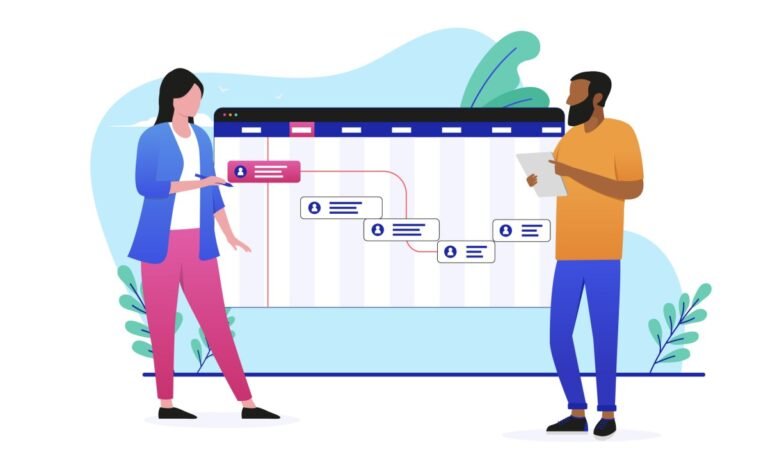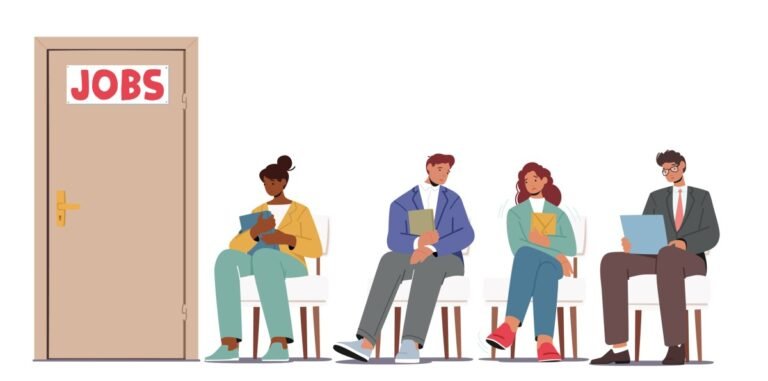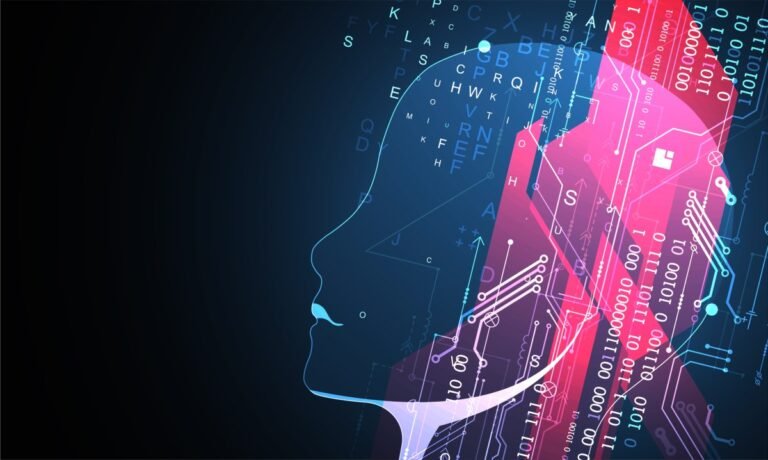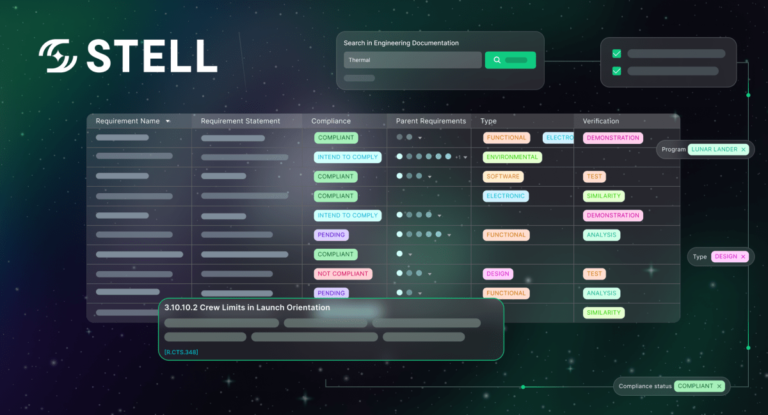
Every company, large or small, needs to choose software, and the bigger the company, the more complex the exercise.
Some have internal tools and processes to help narrow down the list of possible vendors and eventually make a selection.
“Taloflow replaces homegrown technology and software selection processes that can last weeks or months,” the startup’s CEO and co-founder, Louis-Victor Jadavji, told TechCrunch.
“Unlike Gartner or G2, which offer mostly generic insights, Taloflow creates tailored reports for specific use cases,” he said.
Taloflow has built large language models that sift through publicly available information and speed up the time and cost of generating the base reports.

Companies that offer role referral bonuses do so with the assumption that their employees know their work culture — and a role’s requirements — best.
But what if companies were to open up those referral bonuses to people outside the organization?
Draftboard lets employers post referral bonuses and have referrers compete to earn them by scouring their networks for talent.
Free for companies, Draftboard notifies its roughly 1,000 referrers — in Draftboard’s parlance, “scouts” — as referrals move through the different stages of companies’ recruiting processes.
Referrers are graded on the quality of their referrals, and Draftboard takes a 20% cut of each referral bonus.

The European Parliament voted Wednesday to adopt the AI Act, securing the bloc pole-position in setting rules for a broad sweep of artificial intelligence-powered software — or what regional lawmakers have dubbed “the world’s first comprehensive AI law”.
pic.twitter.com/t4ahAwkaSn — Thierry Breton (@ThierryBreton) March 13, 2024Once published in the EU’s Official Journal in the coming months, the AI Act will come into force 20 days after that.
And with that alone the AI Act has nudged the future of AI in a human-centric direction.
But the legislation also puts some (light touch) transparency obligations on a third subset of apps, including AI chatbots; generative AI tools that can create synthetic media (aka deepfakes); and general purpose AI models (GPAI).
Rules for GPAIs were a later addition to the AI Act, driven by concerned MEPs.

Stell, a two-year-old software startup, is focused on this latter part of the engineering ecosystem.
The company has developed a tool for requirements management that allows teams to track, verify and validate requirements on complex projects.
She founded Stell in 2022 with Anne Wen, a professional with experience in venture capital and getting space startups off the ground.
They imagined something different: a tool that was truly useful and user-friendly, that cut down on paperwork, and that engineers would actually want to use.
People might not have time to go to a two-week training on how to use a tool,” McLemore said.







